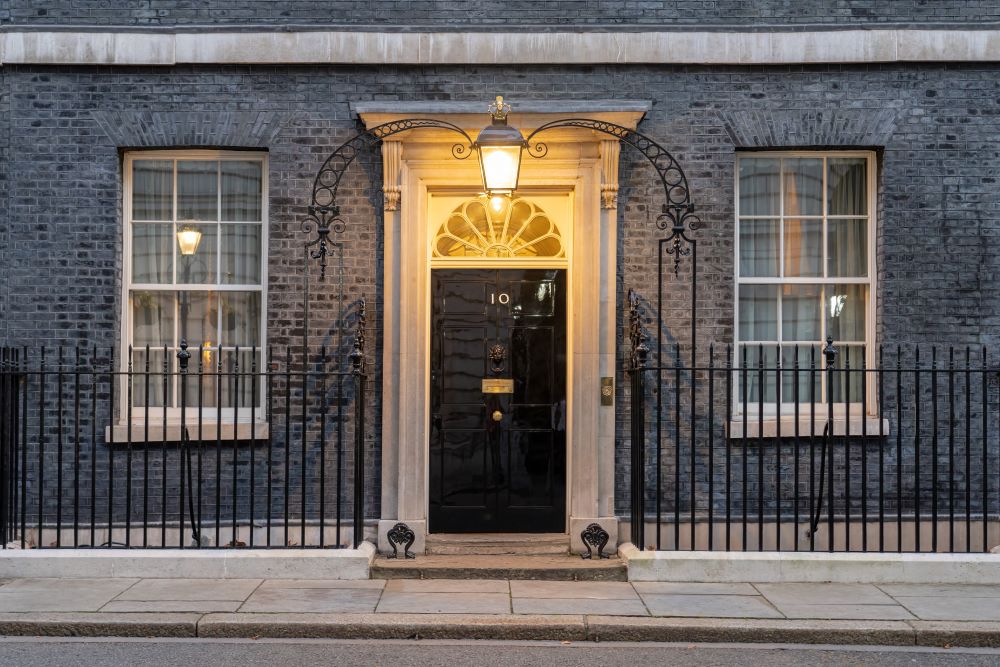On this page
The Chancellor announced changes to national insurance for employers and some changes to social security as part of her Autumn Budget, although much of the detail to the social security changes remains unknown.
Visit the government website for the full Autumn Budget 2024.

Tax and national insurance
There is no change to national insurance for the self-employed or to take-home pay for PAYE employees. Class 2 NICs remain as explained in our Autumn Statement 2023 briefing. Class 4 NICs remain as explained in our Spring Budget 2024 briefing. However, the amount employers will pay on their employees' national insurance contributions will increase from 13.8% to 15% from April 2025. The Chancellor also lowered the current £9,100 threshold employers start paying national insurance on employers' earnings to £5,000.
There will be an end to the current freeze on income tax thresholds in 2028, ending the drag of lower paid workers into higher tax brackets.
Social security (‘welfare benefits’)
An announcement of the government’s intentions for the Conservative’s proposed work capability assessment (WCA) reforms has been long-awaited. The Chancellor used the Budget to announce that the government inherited plans to reform the WCA and that those savings will be delivered as part of "fundamental reforms to the health and disability benefits system", to be announced in early 2025. The details remain unknown at this stage, so the uncertainty continues. Equity has consistently opposed the previous government’s reforms to the WCA and we will monitor developments.
Working age benefits will be uprated from April 2025 by 1.7% in line with September 2024 CPI. State Pension and Pension Credit will increase by 4.1% from April 2025 in line with earnings growth.
The National Living Wage - for those aged 21 and over - will rise from £11.44 to £12.21 an hour in April 2025. The National Minimum Wage for 18 to 20-year-olds - will rise from £8.60 to £10 an hour from April 2025. This change will also affect the minimum income floor (MIF) in Universal Credit, as the MIF is calculated using these hourly rates.
There will be further investment in prevention of fraud and error. DWP counter-fraud teams are to be expanded, and DWP will use new methods and implement new powers, including direct access to bank accounts to recover overpaid benefits. The Targeted Case Review scheme is to be expanded to help spot incorrect Universal Credit claims.
The government will shortly publish a White Paper setting out its plan to Get Britain Working via investment of £240 million. It is understood that there will be a series of projects to support disabled people and the long-term sick. There will be eight local ‘trailblazer’ areas, focussing on reaching out to those people who are not normally in touch with the system and help them to access existing support in developing skills, education, employment or health. We will monitor developments in this area paying particular attention to any requirements proposed for disabled and sick people.
From April 2025 the maximum deduction from the standard allowance of Universal Credit towards debt repayments will go down from 25% to 15%.
The weekly wage limit for being eligible to claim Carer's Allowance will rise from April 2025 to the equivalent of 16 hours a week at the National Living Wage.
The Household Support Fund and Discretionary Housing Payments will be extended, with an additional £1bn funding from next year. The current Household Support Fund will run until the end of March 2025.
The Budget has confirmed the change in entitlement it previously announced. To be entitled to a Winter Fuel Payment you need to be pension age and be in receipt of one of the following benefits:
- Pension Credit
- Universal Credit
- income-related Employment and Support Allowance (ESA)
- income-based Jobseeker’s Allowance (JSA)
- Income Support
- Child Tax Credit
- Working Tax Credit